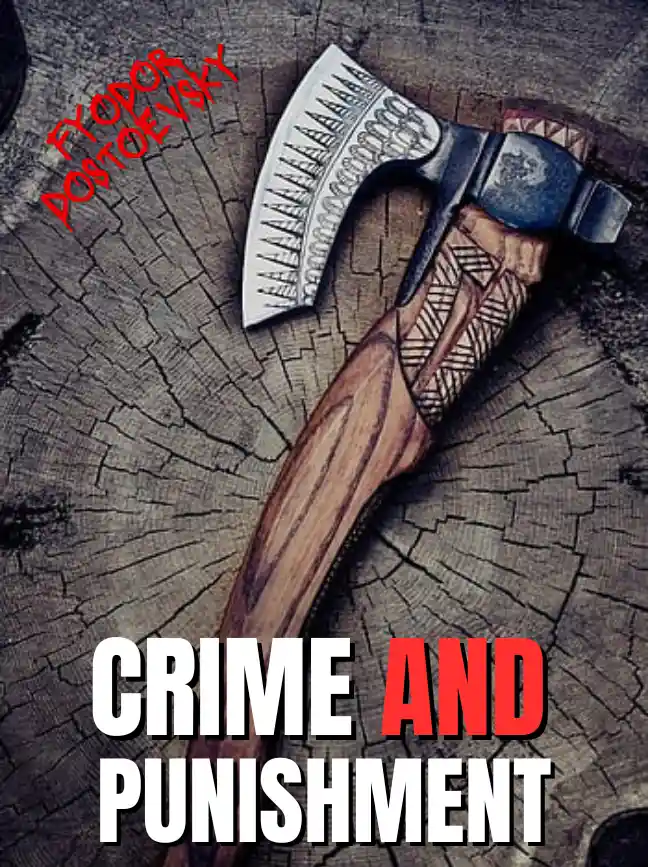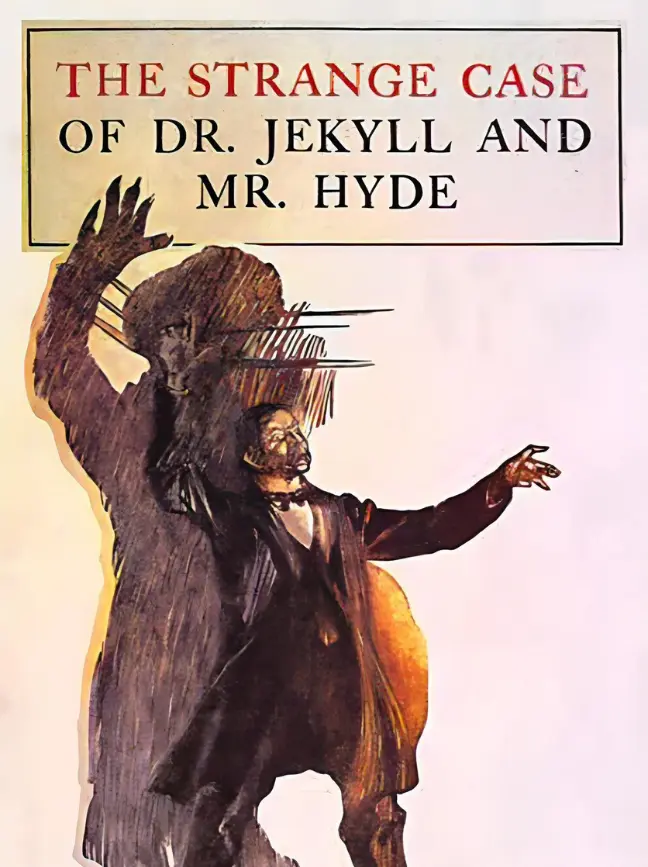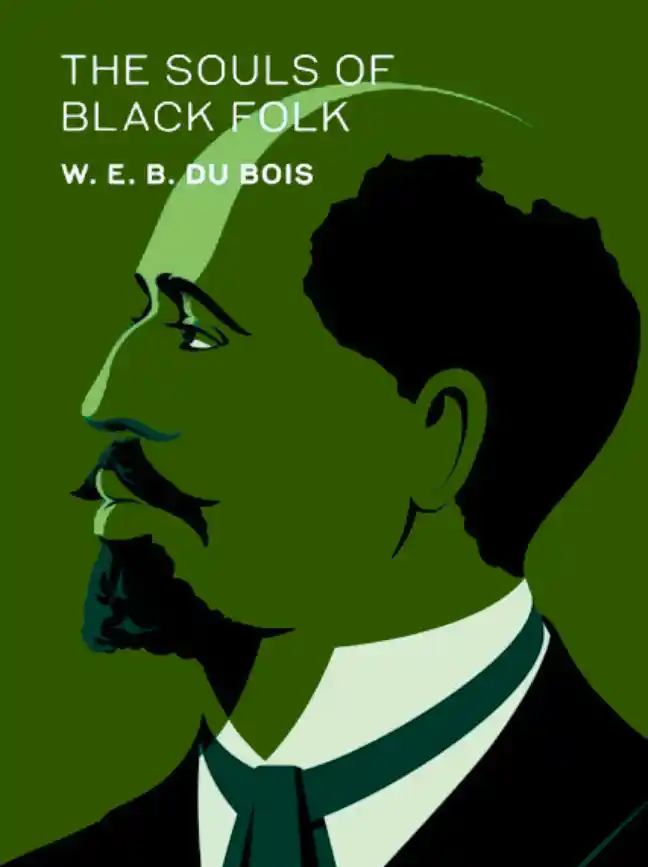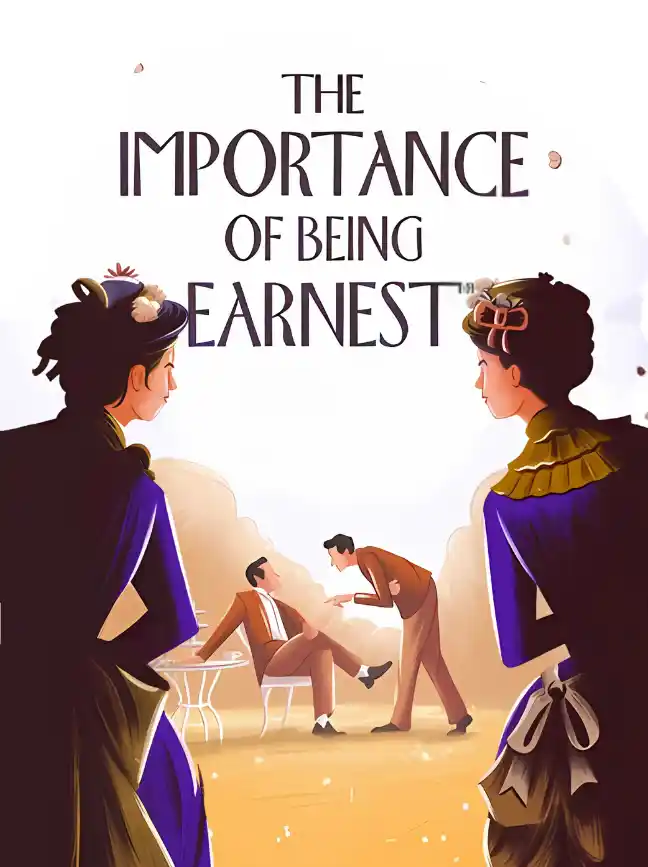It is no accident that the photographer becomes a photographer any more than
the lion tamer becomes a lion tamer.
Dorothea Lange
Exodus 3. 11 [24-“But Moses said to God, am I that I should go to Pharaoh and free the Israelites from Egypt?’ ” – Ed.]
Why Navidson? Why not someone else?
When the great Florentine howls, “Ma io perchè venirvi? o chi ‘1 concede?! Jo non Enea, io non Paulo sono,” [25-Dante again. Again translated by Sinclair. Canto II lines 31-32: “I, why should I go there, and who grants it? I am not Aeneas; I am not Paul.”
A question I’m often asking myself these days. Though not the Aeneas/Paul part.
The simple answer I know: Lude woke me up at three in the morning to check out some dead guy’s stuff.
Of course, it’s not really all that simple. Typically when Lude calls me late at night it’s because there’s some party he wants to hit. He’s the kind of guy who thinks sublime is something you choke on after a shot of tequila.
Maybe he’s right.
Not that this matters, someone once told me Lude’s real name is Harry, maybe he did, though no one I know has ever called him that.
Lude knows every bar, club and gatekeeper at every bar and club.
Hollywood has always been mother’s milk to Lude. Mother’s tongue.
Whatever. Unlike me, he never needs to translate, interpret or learn in LA. He knows. He knows the drinks, the addresses and most important of all he can usually tell the difference between the women who are out to talk and those out to do something a little more interesting which always interests Lude.
Despite a nose that others have described as a bee-battered, Lude’s always surrounded by very attractive women which is pretty much the norm for hair stylists-and photographers-especially if they’re good and Lude is that. Beautiful women are always drawn to men they think will keep them beautiful.
During the past two years, he and I have spent a good deal of time wandering all over this odd city. We both thrive in the late hours, appreciate its sad taste and never get in the way of each other’s dreams, even though Lude just wants more money, better parties and prettier girls and I want something else. I’m not even sure what to call it anymore except I know it feels roomy and it’s drenched in sunlight and it’s weightless and I know it’s not cheap.
Probably not even real.
Who can guess why Lude and I have ended up friends. I think it’s mainly because he recognizes that I’m game for any mis-step he has in mind and he enjoys the company. Of course publicly, Lude likes to throw me plenty of props, invariably focusing on the disjointed life I’ve led. He’s still impressed-and in turn likes to impress others-with the fact that at the age of thirteen I went to work in Alaska and by the time I was eighteen had already slept in a whorehouse in Rome. Most of all though he loves the stories. Especially the way I tell them to the girls we meet. (I already got into that a little with the whole riff on boxing and Birds of Paradise and some guy named Punching Bag.) But they’re only stories, the way I tell them I mean. I actually have a whole bunch.
Take the scars for instance.
There are a number of variations on that one. The most popular is my two year stint in a Japanese Martial Arts Cult, made up entirely of Koreans living in Idaho, who on the last day of my initiation into their now-defunct brotherhood made me pick up a scalding metal wok using only my bare forearms. In the past the wok has been heated in a kiln; recently it’s been full of red hot coals. The story’s an absolute crock of shit, or should I say a wok of shit-sorry; I know, I know I should learn to crawl before I walk; sorry again; I mean for not being sorry the first time or for that matter the second time-but, you see, it’s so hard to argue with all those whirls of melted flesh.
“Show them your arms, Johnny” Lude will say, in his most offhand over -the-top manner.
“Aw come on. Well, alright just this once.” I roll up my left sleeve and then, taking my time, I roll up the right one.
“He got that in a cult in Indiana.”
“Idaho,” I correct him. And it goes on from there.
I’m sure most women know it’s bull but hey, they’re entertained.
I also think it’s somewhat of a relief not to hear the true story.
I mean you look at the horror sweeping all the way up from my wrists to my elbows, and you have to take a deep breath and ask yourself, do I really want to know what happened there? In my experience, most people don’t.
They usually look away. My stories actually help them look away.
Maybe they even help me look away.
But I guess that’s nothing new. We all create stories to protect ourselves.
It’s March now. Late March. Three months have gone by since Lude called me up that night. Three months since I dragged away a black, unremarkable, paint spattered trunk, which as I quickly found out was one of those old cedar lined jobbers, built in Utica, NY, special thanks to the C. M. Clapp Company, complete with rusted latches, rotting leather handles and a lifetime of digressions and disappointments.
To date, I’ve counted over two hundred rejection letters from various literary journals, publishing houses, even a few words of discouragement from prominent professors in east coast universities. No one wanted the old man’s words-except me.
What can I say, I’m a sucker for abandoned stuff, misplaced stuff, forgotten stuff, any old stuff which despite the light of progress and all that, still vanishes every day like shadows at noon, goings unheralded, passings unmourned, well, you get the drift.
As a counselor once told me-a Counselor For Disaffected Youth, I might add: “You like that crap because it reminds you of you.” Couldn’t of said it better or put it more bluntly. Don’t even disagree with it either. Seems pretty dead on and probably has everything to do with the fact that when I was ten my father died and almost nine years later my crazy Shakespearean mother followed him, a story I’ve already lived and really don’t need to retell here.
Still for whatever reason, and this my Counselor For Disaffected Youth could never explain, accepting his analysis hardly altered the way I felt.
I just glanced over at the trunk. The first time I saw it, I mean when I discovered what was inside, it appalled me. Like I was staring at the old guy’s corpse. Now it’s just a trunk. Of course, I also remember thinking I was going to toss it by the end of the week. That was before I started reading. Long before I began putting it all together.
You know this is still the simple answer.
I guess the complicated one I don’t feel like getting into.]
Homer’s rival calls him a coward and orders him to get moving because the powers above have taken a personal interest in his salvation.
For hell’s cartographer, the answer is mildly satisfying. For Navidson, however, there is no answer at all. During “Exploration #4” he even asks aloud, “How the fuck did I end up here?” The house responds with resounding silence. No divine attention. Not even an amaurotic guide.
Some have suggested that the horrors Navidson encountered in that house were merely manifestations of his own troubled psyche. Dr. Iben Van Pollit in his book The incident claims the entire house is a physical incarnation of Navidson’s psychological pain: “I often wonder how things might have turned out if Will Navidson had, how shall we say, done a little bit of house cleaning.” [26-Regrettably, Pollit’s proclivity to pun and write jokes frequently detracts from his otherwise lucid analysis. The Incident (Chicago: Adlai Publishing, 1995), p. 108, is a remarkable example of brilliant scholarship and exemplary synthesis of research and thought. There are also some pretty good illustrations. Unfortunately almost everything he concludes is wrong.]
While Pollit is not alone in asserting that Navidson’s psychology profoundly influenced the nature of those rooms and hallways, few believe it conjured up that place. The reason is simple: Navidson was not the first to live in the house and encounter its peril. As the Navidsons’ real estate agent Alicia Rosenbaum eventually revealed, the house on Ash Tree Lane has had more than a few occupants, approximately .37 owners every year, most of whom were traumatized in some way. Considering the house was supposedly built back in 1720, quite a few people have slept and suffered within those walls. If the house were indeed the product of psychological agonies, it would have to be the collective product of every inhabitant’s agonies.
It is no great coincidence then that eventually someone with a camera and a zest for the dangerous would show up at this Mead Hall and confront the terror at the door. Fortunately for audiences everywhere, that someone possessed extraordinary visual talents.
Navidson’s troubles may not have created the house but they did ultimately shape the way he faced it, Navidson’s childhood was fairly bleak. His father was a St. Louis salesman who worked for a string of large electronics corporations, shuttling his family around the mid-west every two or three years. He was also an alcoholic and prone toward violent outbursts or disappearing for long periods of time. [27-Michelle Nadine Goetz recalls how on one occasion Navidson’s father climbed onto the hood of the family’s recently purchased car, used a thermos to crack up the windshield, then marched back into the kitchen, picked up a pan full of sizzling pork chops and threw it against the wall. (See the Goetz interview published in The Denver Post, May 14. 1986, B-4). Terry Borowska, who used to babysit both brothers, remembers how every so often Navidson’s father would vanish, sometimes for up to five weeks at a time, without telling his family where he was going or when he might return. Inevitably when he did come back-typically after midnight, or early in the morning, sitting in his truck, waiting for them to wake up since he had either left his key or lost it-there would be a few days of warmth and reconciliation. Eventually though, Tony Navidson would return to his own moods and his own needs, forcing Will and Tom to realize they were better off just trying to keep clear of their father. (See Borowska’s interview published in The St.
Louis Post-Dispatch, September 27, 1992, D-3, column one.)]
Navidson’s mother was no better. She soon left them all to pursue a career as an actress and ended up living with a string of not so productive producers. Purportedly in her own words, all she ever wanted to do was “bring down the house.” Navidson’s father died of congestive heart failure but his mother just vanished. She was last seen in a Los Angeles bar smoking cigarettes and talking about moonlight and why you could find so much of it in Hollywood. Neither Will nor his twin brother Tom ever heard from her again. [24-A selection of personal interviews with Adam Zobol, Anthony Freed and Anastasia Culiman. September 8-11, 1994.]
Because the enormous narcissism of their parents deprived Will and Tom of suitable role models, both brothers learned to identify with absence. Consequently, even if something beneficial fortuitously entered their lives they immediately treated it as temporary. By the time they were teenagers they were already accustomed to a discontinuous lifestyle marked by constant threats of abandonment and the lack of any emotional stability. Unfortunately, “accustomed to” here is really synonymous with “damaged by.” [29-Rita Mistopolis M.D., in her book Black Heart, Blue Heart (Provo, Utah: Brigham Young University Press, 1984), p. 245, describes the seriousness of emotional deprivation: It is not difficult to understand how children who have suffered fn>m malnutrition or starvation need food and plenty of care if their bodies are to recover so they can go on to lead normal lives. If, however, the starvation is severe enough, the damage will be permanent and they will suffer physical impairments for the rest of their lives. Likewise, children who are deprived of emotional nurturing require care and love if their sense of security and self-confidence is to be restored. However, if love is minimal and abuse high, the damage will be permanent and the children will suffer emotional impairments for the rest of their lives.]
Perhaps one reason Navidson became so enamored with photography was the way it gave permanence to moments that were often so fleeting.
Nevertheless, not even ten thousand photographs can secure a world, and so while Navidson may have worked harder, taken greater risks and become increasingly more successful, he was ultimately misled in feeling that his labor could make up for the love he was deprived of as a child and the ultimate sense of security such love bestows.
For this reason, we should again revisit Navidson on his porch, his gaze fixed, his delicate fingers wrapped around a glass of lemonade. “I just thought it would be nice to see how people move into a place and start to inhabit it,” he calmly announces. “Settle in, maybe put down roots, interact, hopefully understand each other a little better. Personally, I just want to create a cozy little outpost for me and my family.” A pretty innocuous and laconic rumination and yet it contains one particularly nettlesome word.
By definition “outpost” means a base, military or other, which while safe inside functions principally to provide protection from hostile forces found on the outside. This has always seemed a bizarre word to choose to describe a small house in the Virginia countryside, [30-KeiIlor Ross in his article “Legal Zoning” for Atlantic Monthly, v. 278, September 1996, p. 43, does not wish to discount the possibility of irony: “After all Navidson has just moved from the extremely populated confines of New York City and is now only poking fun at the relative wilderness of this suburb.” Ross makes a good point, except for the fact that Navidson is a man who understands the meaning of outpost and his tone seems too straight forward to imply any kind of jest.] but it does shed some light on why Navidson undertook this project in the first place. More than just snapping a few pictures and recording daily events with a few Hi 8s, Navidson wanted to use images to create an outpost set against the transience of the world. No wonder he found it so impossible to give up his professional occupation. In his mind abandoning photography meant submitting to loss.
Therefore to revisit our first two questions:
Why Navidson?
Considering the practically preadamite history of the house, it was inevitable someone like Navidson would eventually enter those rooms.
Why not someone else?
Considering his own history, talent and emotional background, only Navidson could have gone as deep as he did and still have successfully brought that vision back. [31-Zampanô. This chapter first appeared as
“The Matter Of Why” in LA Weekly, May 19, 1994.]






